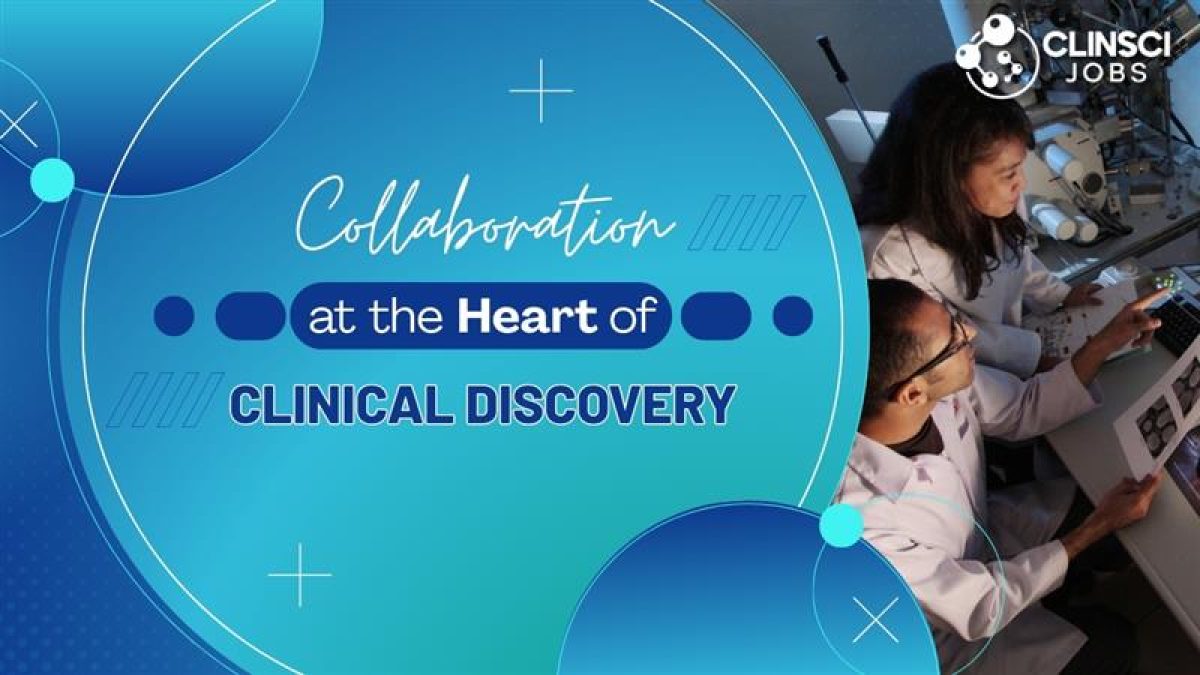Table of contents ▸
Oncology clinical trials provide a strict platform where experimental treatment must stand against a control standard, thus increasing the chances for improvement in the survival and quality of life of patients. These very discoveries from the trials done in various institutions help define the healthcare research domain. Yet the process of getting those life-saving advances is riddled with challenges. Multifaceted challenges are seriously beginning to hamper oncology clinical trials. Patient enrollment constitutes one of those key factors for clinical trials upon which almost all design plans seem to hang- this remains a foremost hurdle. Stringent eligibility criteria make studies beyond the reach of many, while a lack of patient interest leads to the death knoll of even well-designed trials. Entrapment theories and labyrinthine puzzlement get their name from the brilliant regulatory landscape-lots of changes in guidelines for trials; compliance requirements are equally demanding. Also disincentivizing to research institutions and pharmaceutical companies is cash: the costs of conducting such trials.
Nonetheless, oncology clinical trials hold the promise of providing a vast domain for innovation and transformational change. The blog seeks to explore the complex interplay of challenges and opportunities that characterize this ever-evolving field. We will discuss how they aim to reshape the future of oncology research from the perspective of clinical scientists, paving pathways for innovation in healthcare solutions. Through the discussion of the other significant aspects, we aim to present an overview of the present and future status of oncology clinical trials and deliver on their significant manifestation in patient care and the wider healthcare ecosystem.
Opportunities in Oncology Clinical Trials
Advances in Precision Medicine
Precision medicine tailoring cancer therapy to a patient’s genes, lifestyle, and tumor subtypes marks one of the most important breakthroughs in oncology research. This personalized medicine will make it possible to identify the genetic markers that are correlated with an array of cancers, establish targeted therapies that will minimize adverse effects, and ameliorate the treatment with individual patient-tailored medication regimens.
Increasing Global Collaborations
These days, global clinical trials encourage increased collaboration of researchers, pharmaceutical companies, and healthcare institutions. And here are some uses of all that international work:
- Diverse patient recruitment to enhance the reliability and applicability of trials.
- Evaluate treatments in different genetic backgrounds to increase generalizability.
- Additional funding and resources from multinational research partnerships.
AI and Big Data of Integration
The most sought-after AI coupled with big data analytics applications in oncology trials has helped to transform trial management, data processing, and patient monitoring. Such technologies would provide:
- Patient matching through AI accelerates recruitment while reducing dropouts.
- Real-time data analysis results in speedy decision-making.
- Predictive modeling permits researchers to predict treatment responses and side effects.
Modern Approaches to Immunotherapy and Treatment
Immunotherapy would most likely be considered a revolutionary way of treating any kind of cancer-that is using the immune system itself to fight cancer cells. Clinical studies continue in this area regarding:
- Checkpoint inhibitors that would enable the immune system to recognize and attack cancer cells.
- CAR-T cell therapy, which is the cutting-edge approach targeting blood cancers.
- Vaccine approaches in cancer directed toward enhancing immunity against tumors.
Oncology Clinical Trials: Challenges

Patient Recruitment and Retention
One of the primary challenges in oncology clinical trials is in recruiting and retaining eligible patients. A number of factors contribute to these challenges, which include the following:
- The eligibility criteria tend to be quite strict, narrowing the pool of potentially eligible participants.
- Few patients are aware of a trial at all.
- The patient is located in rural areas, which makes participation hard.
Regulatory and Ethical Complexities
On top of these challenges, oncology trials have stringent regulatory and ethical restrictions, and these make the processes of approval and implementation very difficult. Some of these challenges include:
- Volumes of documents to be obtained through regulators.
- Ethical issues surrounding the placebo use in terms of dying patients.
- Discrepancy in regulations between countries, making it difficult to conduct a multi-country trial.
Magnitude of Costs and Funding Challenges
Expenses in oncology clinical trials are very high, costing sometimes billions of dollars. Among funding challenges are the following:
- High costs for development of drugs and making trials so expensive to be run.
- Empirical dependence on federal grants, drug industry, and private investors.
- Very minimal financial access for the patients who seek out experimental treatments.
Data Security Management and Patient Privacy
With more clinical trials going online into digital platforms, the world is worrying over data security concerning patients. Here are some issues involved:
- Compliance with HIPAA, GDPR, and other data protection requirements.
- Management of cybersecurity threats that endanger the confidentiality of sensitive patient data.
- Transparency of data with confidentiality towards a patient’s identity.
Future of Oncology Clinical Trials

Decentralization and Virtuality
The traditional ways of managing clinical trials in oncology gradually work toward patient remote monitoring and telemedicine. The frequent hospital visits required are thus more easily avoided. New data collection methods employing wearables and home testing are leading to constant and real-time monitoring of the health of patients. This enhancement of access to clinical trials for patients living in faraway or underserved locations greatly increases participation and diversity.
The Growth of RWE
The traditional ways of managing clinical trials in oncology gradually work toward patient remote monitoring and telemedicine. The frequent hospital visits required are thus more easily avoided. New data collection methods employing wearables and home testing are leading to constant and real-time monitoring of the health of patients. This enhancement of access to clinical trials for patients living in faraway or underserved locations greatly increases participation and diversity.
More Engagement and Advocacy for Patients
Patient advocacy groups are strongly influencing the design and execution of oncology clinical trials truly patient-centered paradigm. The patient-centered model is appreciated through informed consent and is transparent for the patient’s empowerment to make decisions regarding their trial participation. Inclusion of a variety of individuals for the sake of broad generalizability in clinical trials is facilitated.
Conclusion
The oncology clinical trial field keeps on extending and stretching out new innovations for cancer treatment and research purposes. The issues include trying to find a sufficient number of patients willing to recruit into clinical trials, dealing with highly complex regulations, and incurring extremely high costs. However, advances in technology and collaborative efforts are paving the way for other, more effective, and accessible cancer therapies.
Such an area is being opened to many career opportunities for aspiring clinical scientists, researchers, and healthcare professionals. The clinical trials in oncology can continue to define the future of cancer care in the world and the lifestyle of patients by providing high-quality care while addressing the above challenges and using some of the latest technologies. Follow Clinical Scientific Jobs website for the new job listings and industry insights in healthcare research and clinical sciences.
Follow us on Social Media: LinkedIn | Facebook | Twitter | Instagram












